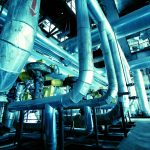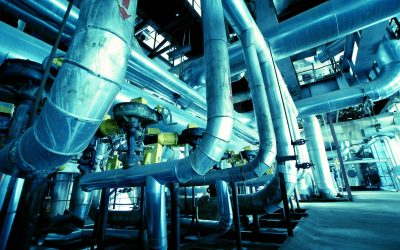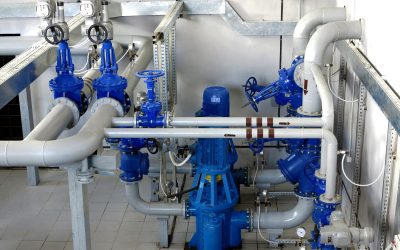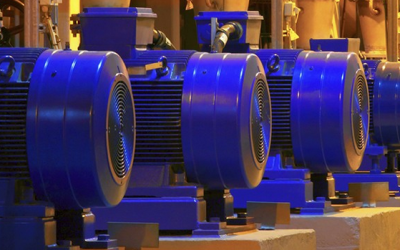In the bustling environment of modern workspaces, maintaining clean and breathable air is paramount. Dust collection systems play a crucial role in achieving this, ensuring that employees are not only safe but also productive. By investing in efficient air filtration systems, businesses can foster a healthier workplace while safeguarding equipment and meeting regulatory standards.
Benefits of Effective Dust Collection Systems
-
Healthier Workplace: Continuous exposure to dust can lead to respiratory problems, allergic reactions, and other health issues. Air filtration systems help in removing harmful particles from the environment, contributing to a healthier workplace.
-
Compliance with Regulations: Many industries are required by law to manage airborne contaminants. Effective air filtration systems ensure compliance with health and safety regulations, helping businesses avoid fines and legal issues.
-
Enhanced Productivity: A clean workspace is synonymous with higher productivity. Workers in environments with high air quality tend to have higher morale and efficiency.
-
Protection of Equipment: Dust can clog and damage machinery and electronics. By eliminating airborne debris, specialized systems prolong the life of equipment, reducing maintenance costs.
Considerations When Implementing Dust Collection Systems
-
Type of Dust: Understanding the type of dust generated in your workspace is crucial. Different types of dust require specific filtration technologies. For instance, wood dust and metal filings are captured differently.
-
System Design: The design of the air filtration system should be customized to meet the specific requirements of the workspace. Factors such as facility layout, air volume to be purified, and the type of work conducted play a crucial role in determining the system’s design.
-
Maintenance: Regular maintenance is essential to ensure the efficiency of air filtration systems. This includes replacing filters, checking for leaks, and ensuring that the system is not overloaded.
-
Energy Efficiency: Modern air filtration systems feature energy-efficient designs that reduce power consumption while maintaining superior air quality.
Relevance to the Audience
Implementing an air filtration system is relevant to a wide range of industries, including manufacturing, woodworking, pharmaceuticals, and food processing. Any workspace where particulate matter is produced can benefit from these systems. For business owners, investing in a robust filtration solution not only enhances employee health and productivity but also aligns with sustainable business practices by reducing environmental impact. A well-designed filtration system ensures a cleaner, safer workspace while contributing to long-term operational efficiency.
Enhancing Workspaces with Effective Dust Collection
Dust collection systems are indispensable in modern workspaces where air quality directly influences health and productivity. By understanding the type of dust, designing an appropriate system, and ensuring regular maintenance, businesses can reap the benefits of enhanced air quality. The implementation of an effective air filtration system is a proactive step toward creating a safer, healthier, and more productive work environment. Ensuring that these systems are part of your operational infrastructure is not just regulatory compliance but a strategic business decision that promotes long-term sustainability and employee well-being.








